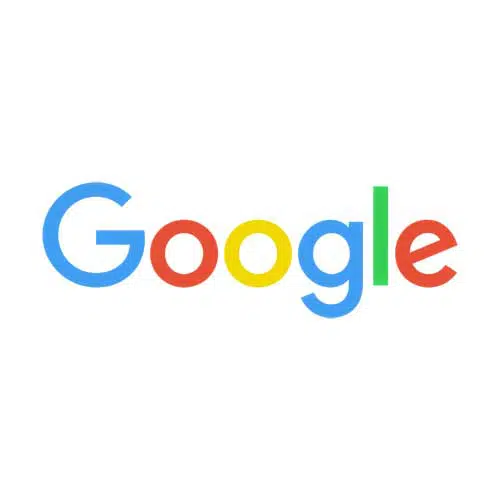The European Union on Thursday advanced legislation to curb the power of tech companies, legislation that would force them to provide more billing options to consumers on their highly popular app stores. In related news, Google and the big music streaming service Spotify this week announced Spotify users with Android mobile devices will now have a choice of using Spotify’s own payment system in addition to Google Play Billing when they download Spotify from the Google Play store.
European regulators, small companies, and other interest groups have been clamoring for years to rein in the power of American tech companies, which they say shut out would-be competitors in payments, the use of their browsers, and in other business practices. Many complaints center on the policies of Google parent company Alphabet Inc., Apple Inc., and others that typically offer no payment services other than proprietary ones on their app stores.
The Digital Markets Act will outlaw practices by so-called large gatekeepers that impose high barriers on third-party companies and software developers from accessing the app stores.

“Large gatekeeper platforms have prevented businesses and consumers from the benefits of competitive digital markets,” Margrethe Vestager, an executive vice president who oversees competition issues at the European Commission, the EU’s administrative arm, said in a statement. “The gatekeepers will now have to comply with a well-defined set of obligations and prohibitions. This regulation, together with strong competition law enforcement, will bring fairer conditions to consumers and businesses for many digital services across the EU.”
The European Parliament and the EU’s 27 member states reached an agreement Thursday that advances the legislation toward final approval. Enforcement would begin six months afterward. Violations could result in fines up of to 20% of a company’s global revenues.
In the U.S., the tech companies’ alleged anti-competitive power over their platforms also is under challenge. Last September a federal judge issued a decision in a lawsuit filed by Epic Games, developer of the popular Fortnight online video game, requiring Apple to open its App Store to payment options beyond Apple’s own billing system. The ruling, however, didn’t declare Apple’s practices illegal.
Google is now moving toward greater access to its platforms, which makes its new agreement with Stockholm-based Spotify notable. “Users who’ve downloaded Spotify from the Google Play Store will be presented with a choice to pay with either Spotify’s payment system or with Google Play Billing,” Spotify said on its U.S. website. “For the first time, these two options will live side by side in the app. This will give everyone the freedom to subscribe and make purchases using the payment option of their choice directly in the Spotify app.”
Spotify said it will expand its payment option to other countries in the coming months. Google last year opened its platform to third-party developers in South Korea as a result of a new law in that country, and now says it will add more billing options elsewhere under what it calls a pilot program.
“This pilot will allow a small number of participating developers to offer an additional billing option next to Google Play’s billing system and is designed to help us explore ways to offer this choice to users, while maintaining our ability to invest in the ecosystem,” Sameer Samat, vice president of product management, said on Google’s website for Android developers. “This is a significant milestone and the first on any major app store—whether on mobile, desktop, or game consoles.”
Jordan McKee, an analyst who researches digital payments at New York City-based S&P Global Market Intelligence, says the opening up of app stores to third-party payments will potentially put billions of dollars in volume up for grabs for payment service providers. “Still, it isn’t necessarily a slam dunk for the industry,” McKee tells Digital Transactions News by email.
“While larger developers that already have their own payment-acceptance infrastructure are likely to be first movers, many smaller developers lack the time, expertise, and resources to manage payments, billing, and fraud on their own,” he says. “The complexity associated with international payment acceptance and fraud management may be seen as too much of a distraction, leading developers to continue allowing Apple and Google to handle payments on their behalf. Developers will be hard-pressed to replicate a payment experience as seamless as Apple and Google’s, and could face a conversion drop-off if their own payment flows involve too many steps.”





